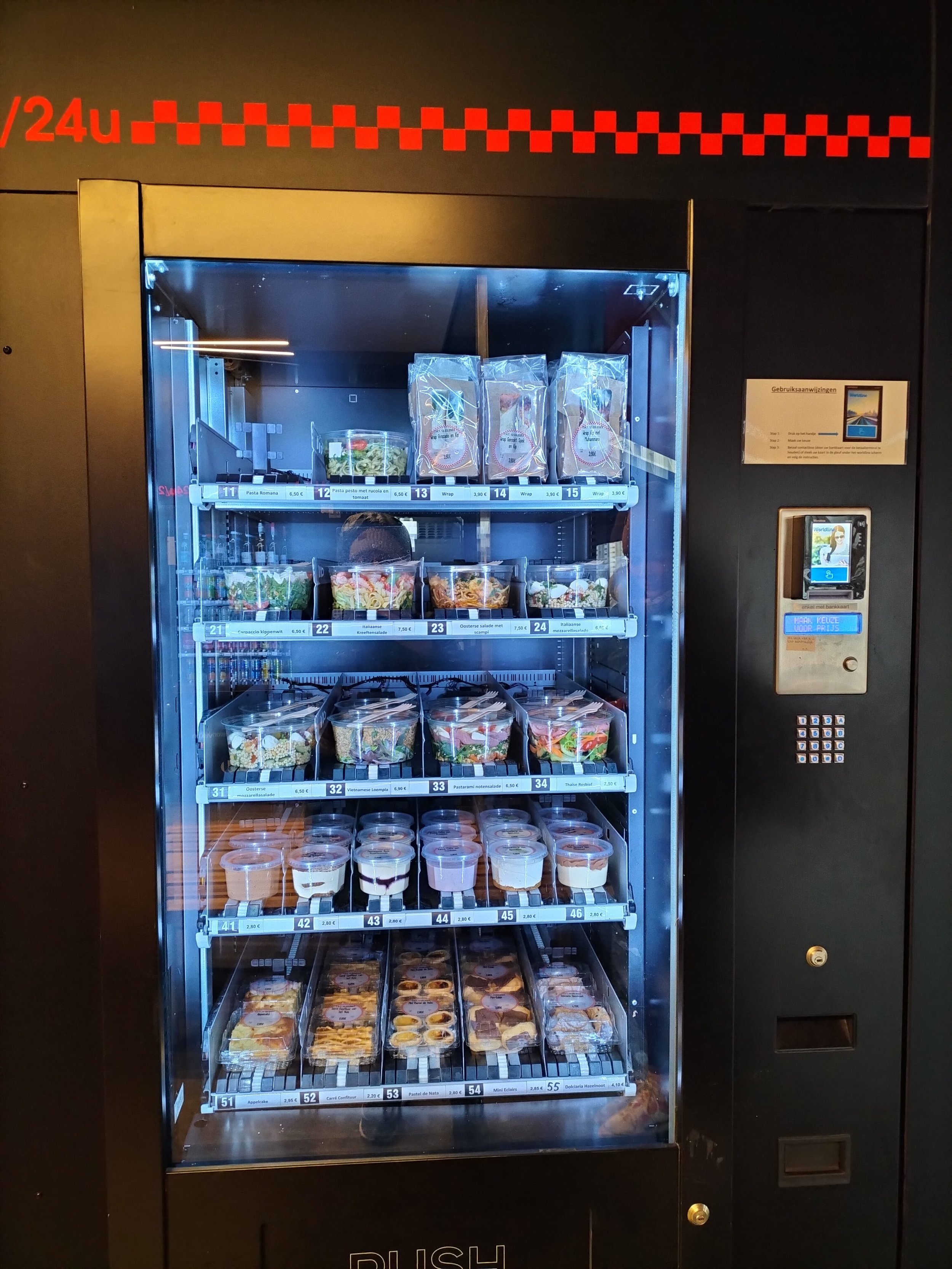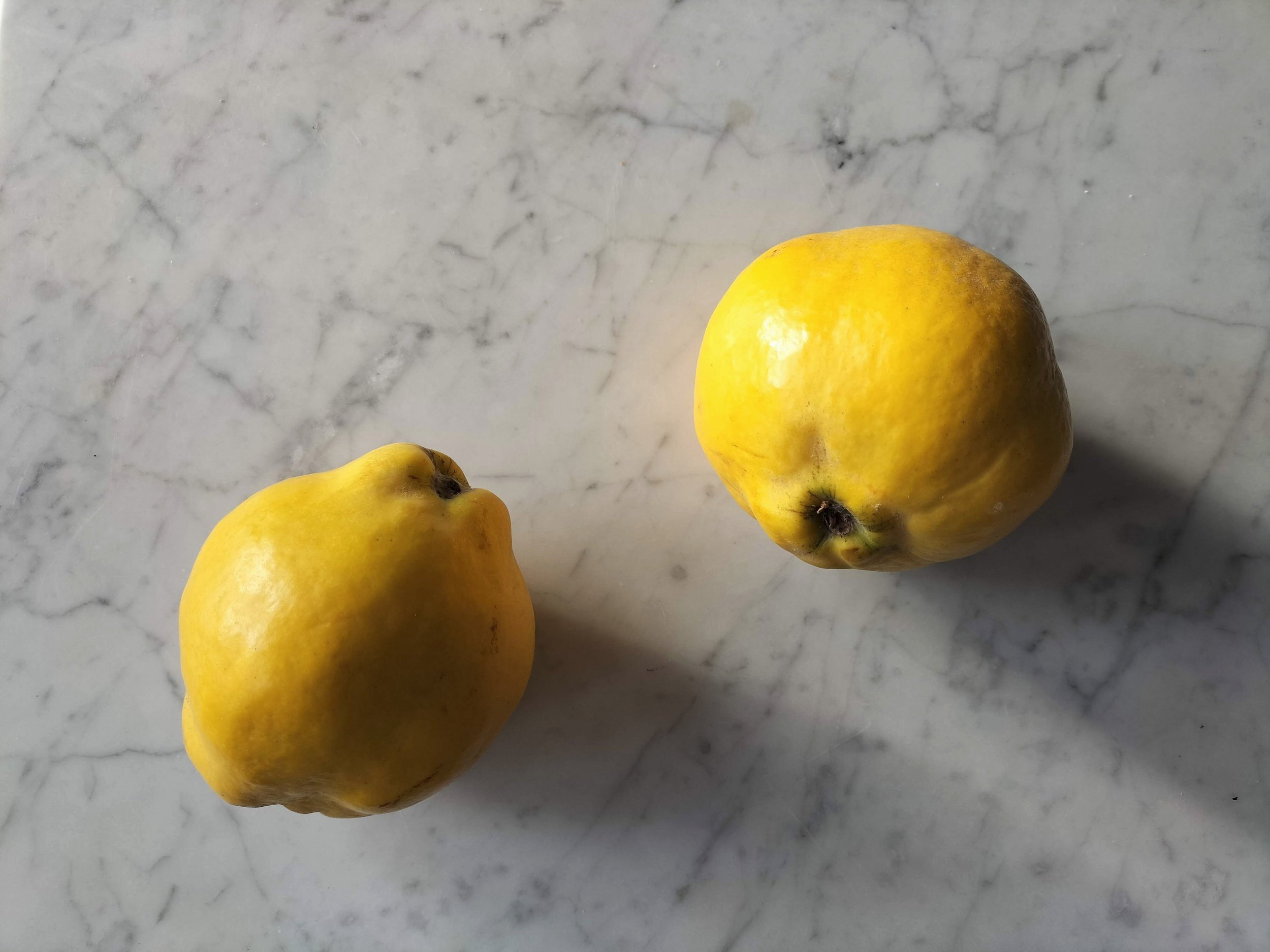In 2022, the website TasteAtlas published their annual ‘World’s Best Cuisine’ awards. The award involved ranking 95 world cuisines according to audience votes for ingredients, dishes and beverages, and its methodology and subjectivity were thus somewhat questionable. Perhaps unsurprisingly, Italian, Greek, Spanish, Japanese and Indian cuisines topped the rankings, and so the media were less interested in these predictable front-runners than in the cuisine with the dubious honour of coming bottom of the list: Norway.
Read moreOn the meals that never were
In the pilot episode of HBO’s hit series Six Feet Under, funeral director Nathaniel Fisher Sr. is hit by a bus while driving home on Christmas Eve. Receiving news of her husband’s untimely death, Ruth Fisher hurls first the phone, then the Christmas dinner she is in the midst of cooking, to the ground. A tray of roasted meat and vegetables clatters to the floor. Amidst staccato shrieks, she sweeps jars, pots, knives and plates from the worktop, then sits hunched against the oven, the dismantled debris of a pot roast around her feet. A ladle, slicked with grease, lies redundant on its side. ‘Your father is dead,’ she tells her son. ‘And my pot roast is ruined.’
Read moreOn feminism and fermentation
There is perhaps no greater conversation stopper than, as a woman in your early-to-mid thirties, responding to the question ‘Do you have children?’ with a simple ‘No.’ Having dealt with the life admin of moving countries for the third time this year, it’s a question I have been asked a lot, and it has become increasingly apparent that answering with unadorned factual accuracy and nothing more is likely to kill the conversation before it even started. There’s no bonding over shared parental experiences; no easy sharing of candid family snaps on phones. There are only two possible follow-up responses on the part of the enquirer: ‘Oh, OK’ (R.I.P. conversation) or ‘Why not?’ (R.I.P. the person who asks this question). Thoroughly British at heart in terms of my heightened sensitivity to social awkwardness of any kind, I noticed I had taken to filling the uncomfortable silence with the jovial comment, ‘But I have 120 houseplants, so that’s almost the same!’
Read moreOn wasting food, and why banana bread is (probably) not the answer
Every few weeks, it seems, we’re treated to a swathe of articles across the media aimed at helping us to waste less food. It has recently been recognised that food waste is not merely a symptom of our growing food insecurity – thrown into sharp relief by the pandemic – but a cause of it too. Food waste accounts for approximately 6-8% of all human carbon emissions, with approximately a third of the food the world produces – some estimates run as high as 40% - going to waste. Rotting food in landfill produces the greenhouse gas methane, which is directly linked to climate change, but it’s also a huge waste of all the precious energy used to grow, harvest, package and transport that food. It is a senseless crisis on both an environmental and a humanitarian level, with famines raging across the globe while perfectly edible food rots in dumpsters thousands of miles away.
Read more



